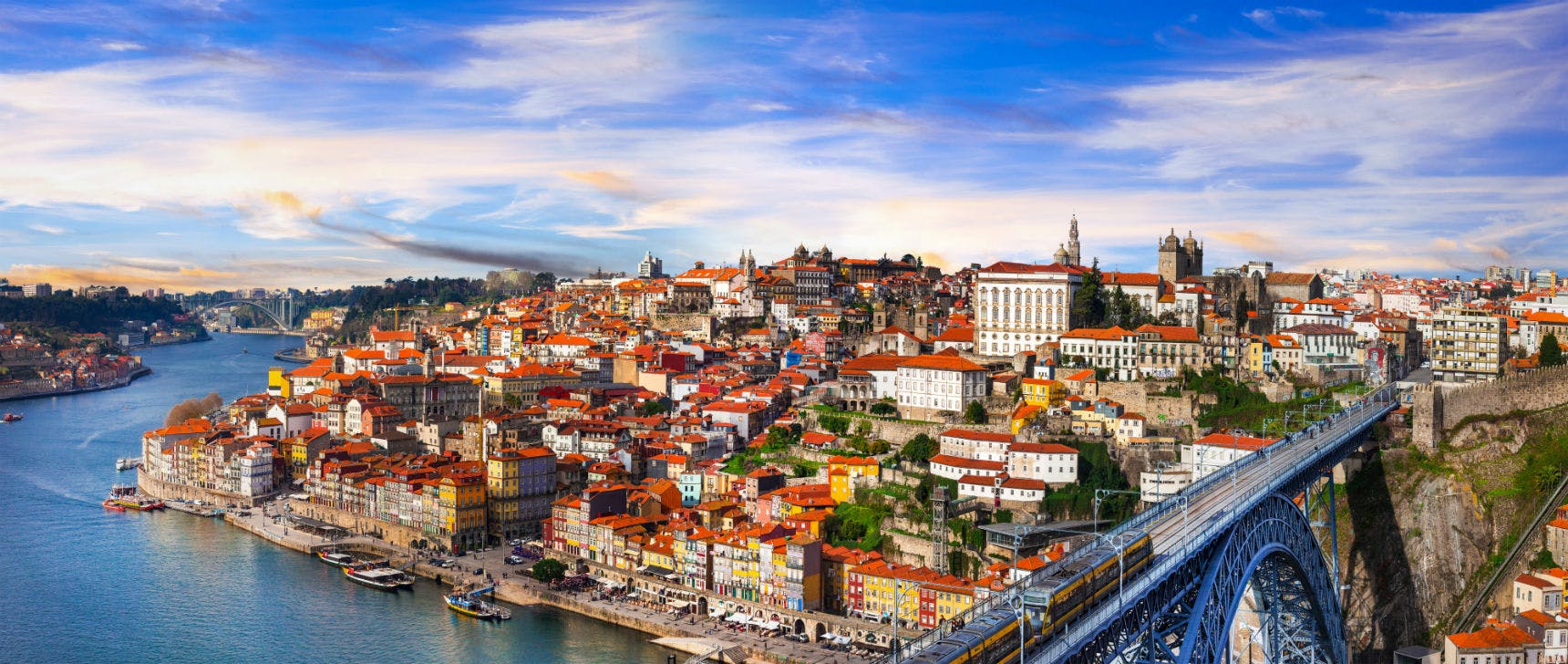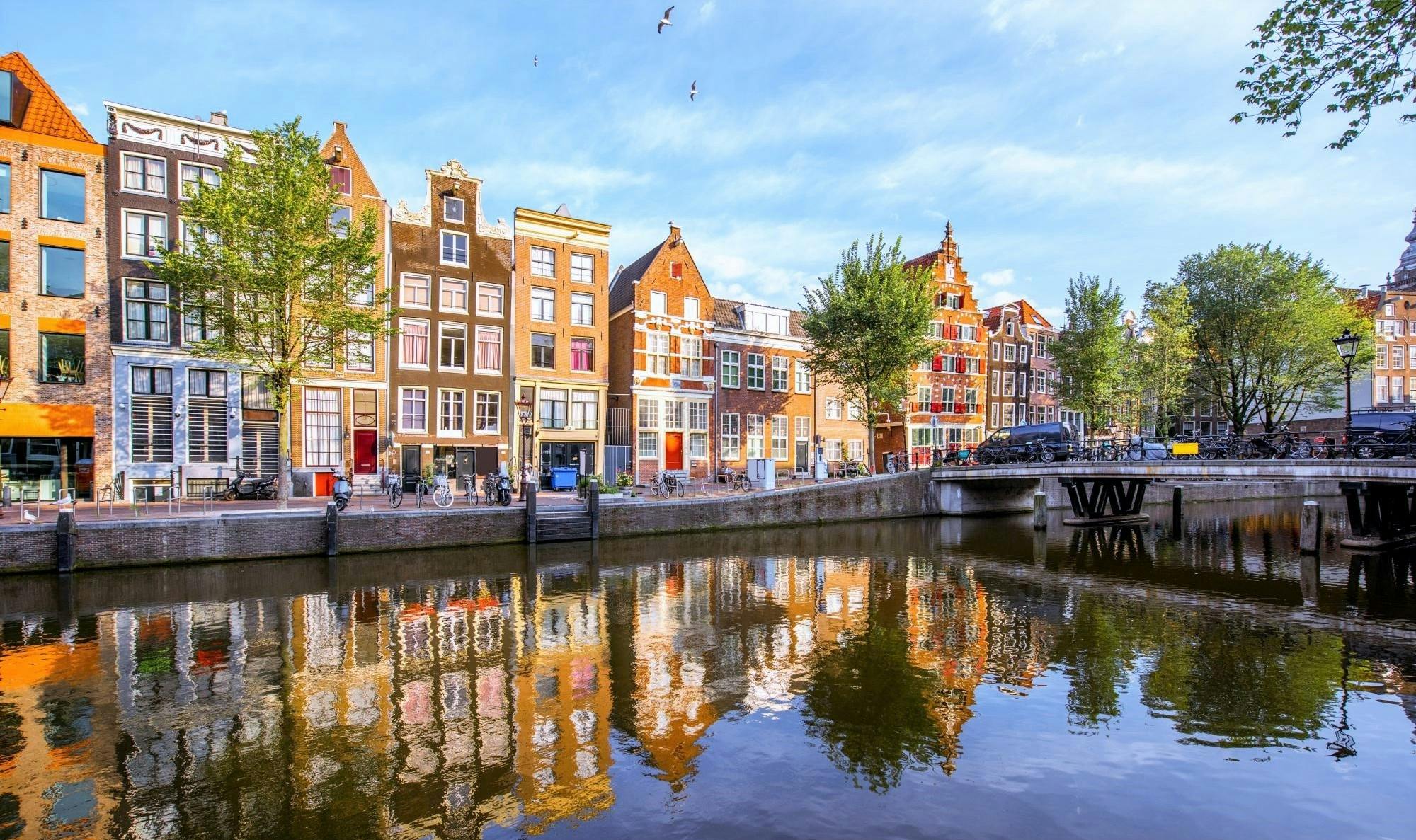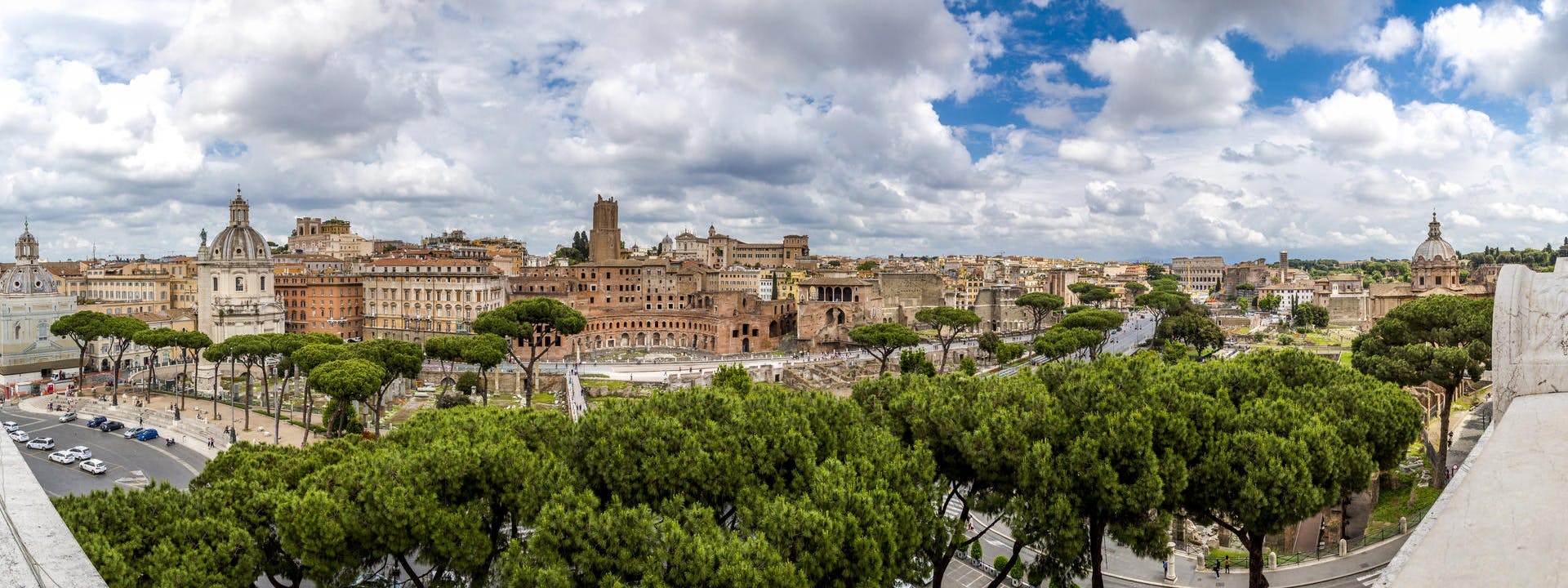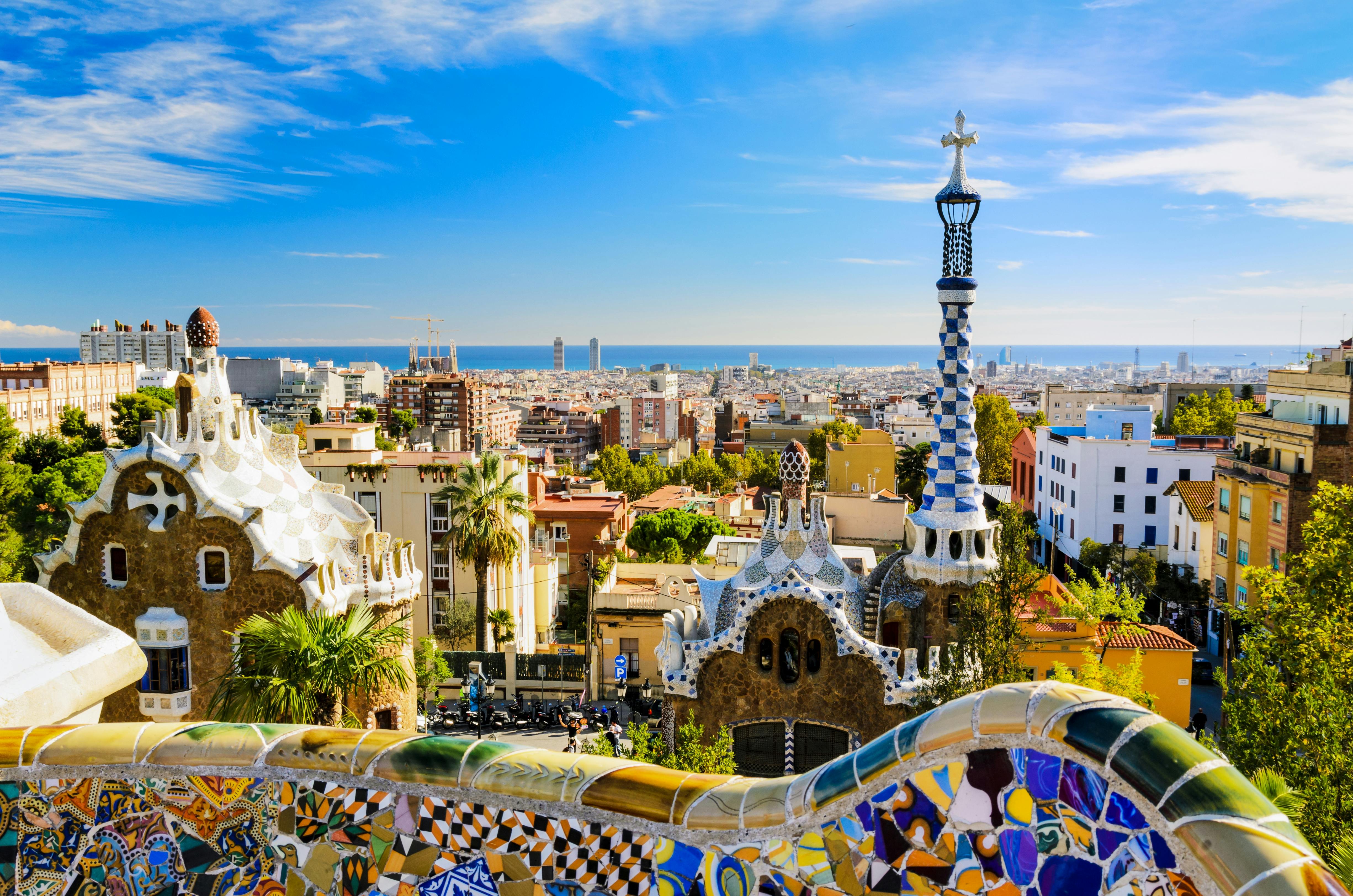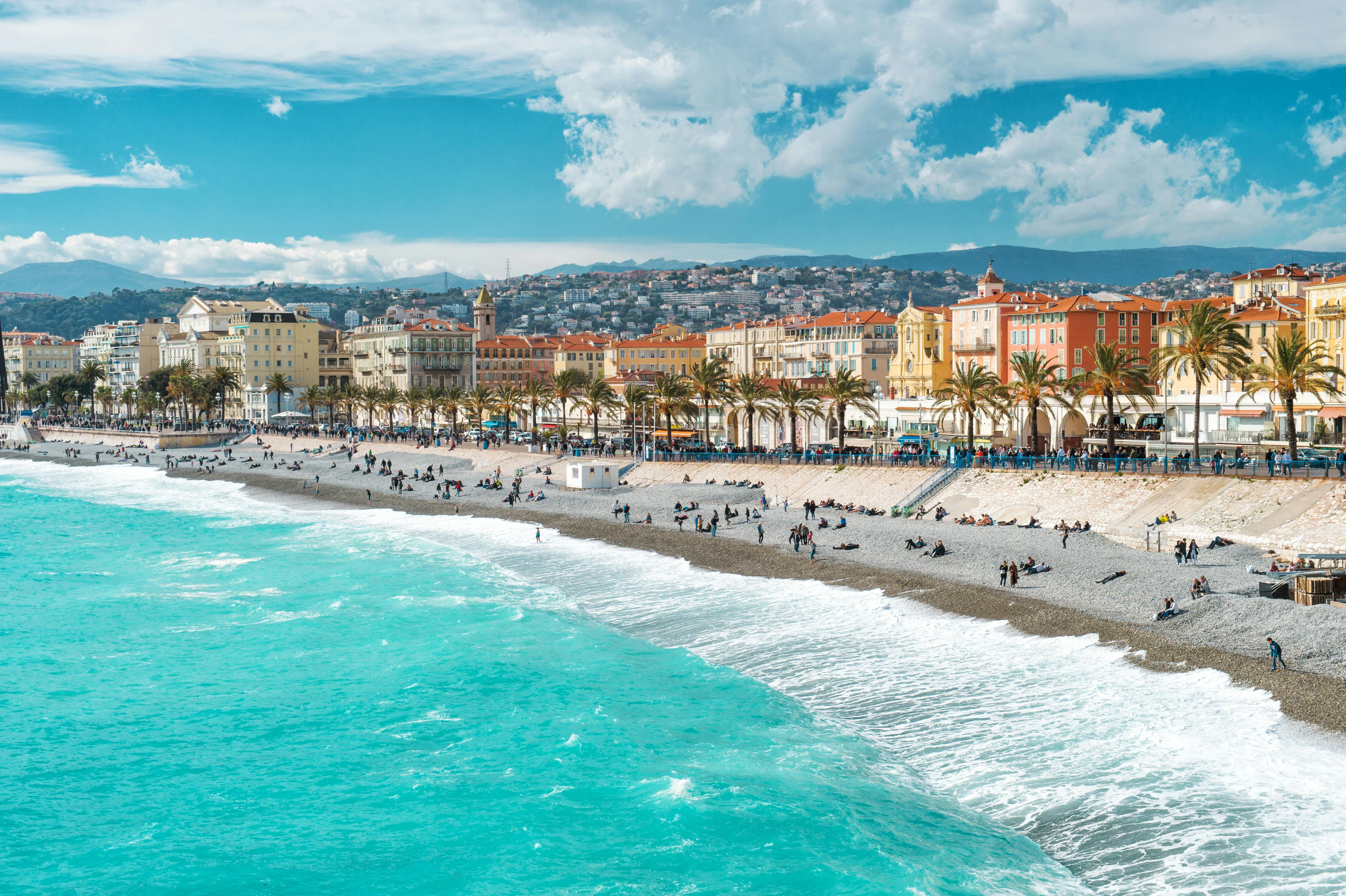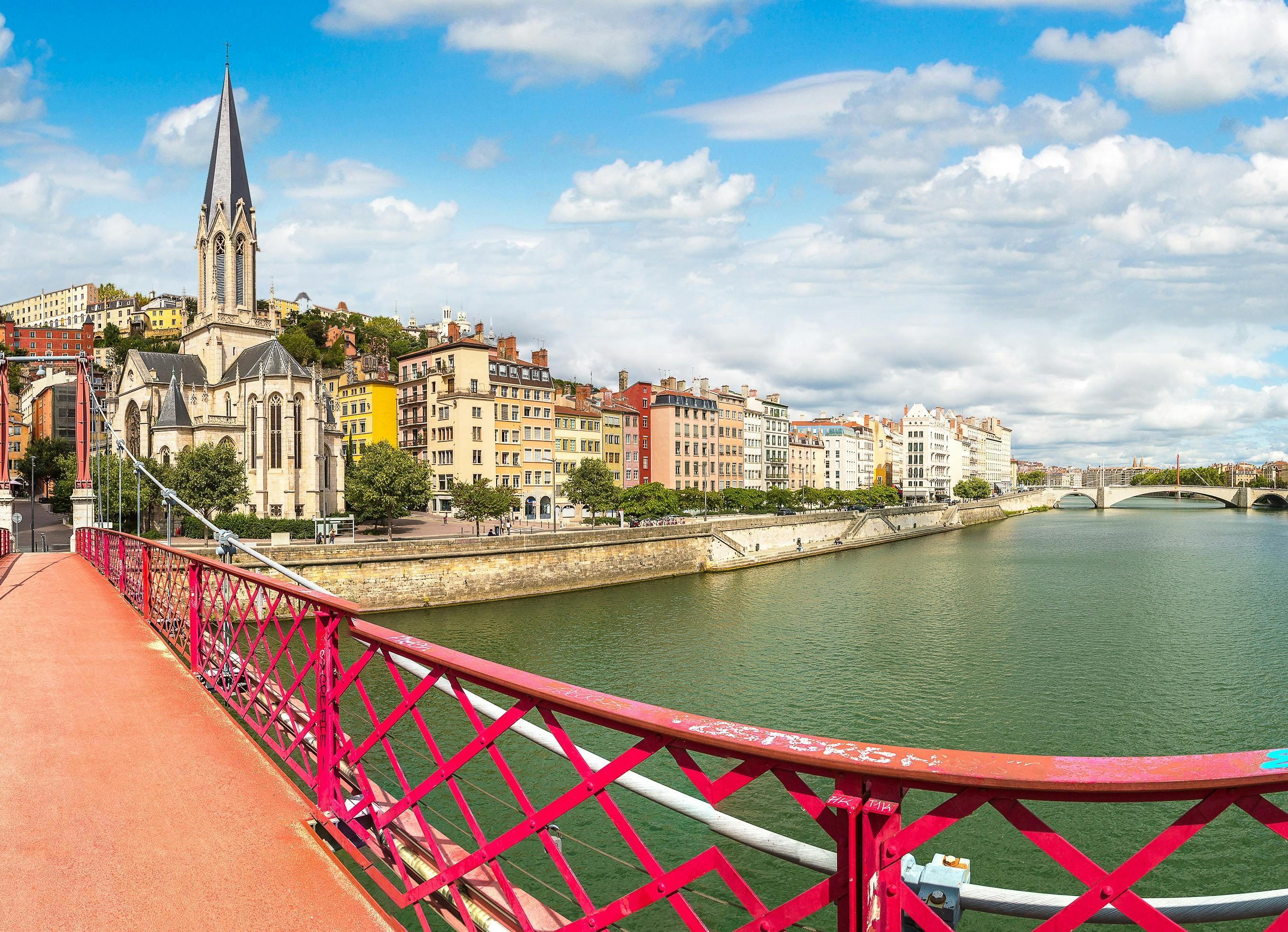
Tours and experiences
Check out a wide range of tours, excursions and activities for your holiday. From cultural experiences to thrill-seeking adventures, we have it all. All products are provided by Musement.
From:
dd/mm/yyyyTo:
dd/mm/yyyyTop destinations
Top activities

Sal - Secrets of Sal Island 4x4 Tour with Pedra da Lume Salt Lake
The desolate beauty of inland Sal is in stark contrast to the pristine white sands of its coast. On this off-road safari, you'll explore Murdeira Bay, the Buracona lagoon, the ocean-like sands of Terra Boa and the Pedra de Lume salt flats. You'll also discover the town of Palmeira and the island's capital, Espargos.
en
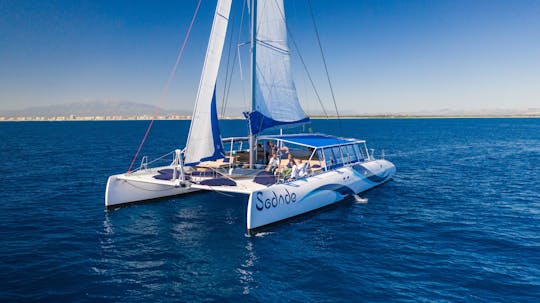
Sal - Sal Island all-inclusive adults-only catamaran cruise
The Sal coastline is a perfect backdrop for a cruise – and this adults-only catamaran trip makes the very best use of it. Sailing leisurely through the azure seas between Palmeira and Monte Leão, you'll sunbathe, sip on cocktails and enjoy a stop for swimming and snorkelling too.
en
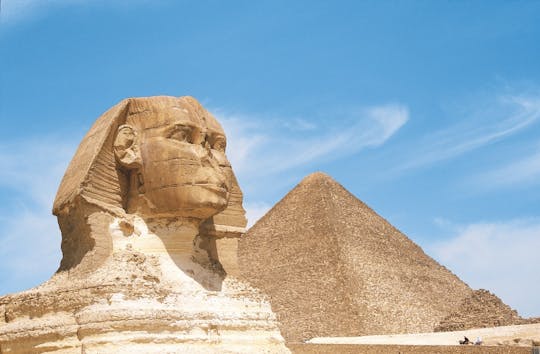
Sharm el-Sheikh - Cairo full-day excursion from Sharm El Sheikh with flights
Book this full-day tour of Cairo, with flights included, from Sharm El Sheikh. Check out the pyramids, the Great Sphinx, the Museum of Cairo and more.
en, it, fr, es, ar, +4 de, ru, nl, pl
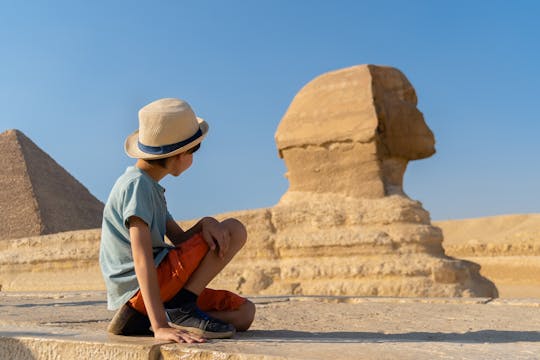
Hurghada - Cairo full-day excursion from Hurghada with an Egyptologist and flights
Discover Egypt's most prized landmarks, including the iconic Great Pyramid, the majestic Sphinx, and the fascinating Cairo Museum, all in one incredible day.
en, it, fr, es, ar, +3 de, nl, pl
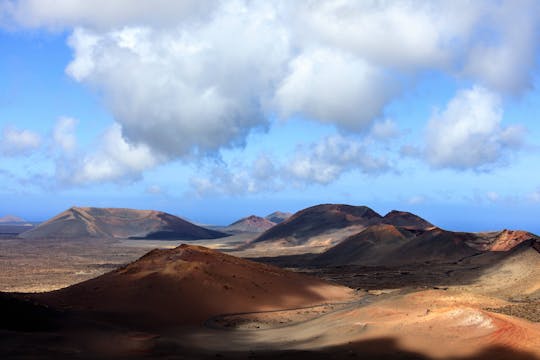
Lanzarote - Timanfaya Volcanic Tour
This half-day tour is Lanzarote in a nutshell. You'll call in at El Golfo lagoon, journey through Timanfaya National Park and visit the Salinas de Janubio. We'll even throw in a wine tasting session to round off the tour.First up, you'll visit the waters of El Golfo - it's emerald waters have starred in many a Hollywood film over the years. But that's just an appetiser for the main event – the visit to Timanfaya National Park. Famed for its moonlike landscape is dotted with lava fields and black rocks, you'll see the ‘Fire Mountain', to name but a few.We'll continue the tour with a stop in La Geria for a sip of some local wine before we reach Salinas de Janubio, the largest salt flats in the Canaries. Snap a few selfies with the miles of cotton-white salt mounds as your guide fills you in on the history of this all-important island resource. You'll even get a chance to try some, too.
de, en, nl
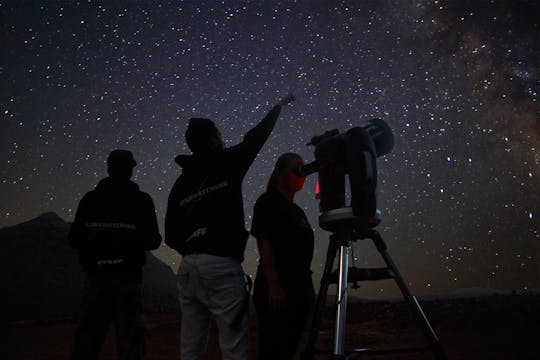
Sal - Stargazing Evening at a Beach Restaurant
If the thought of stargazing at Sal's night sky has you starry eyed, then this evening activity is just for you. Cape Verde is a great location for star spotting, and this evening adventure for all the family includes stargazing with telescopes. Enjoy a welcome drink, buffet dinner accompanied by live local music, and then find out which planets and galaxies you can see in the sky above.The star-studded night sky is best viewed close to the equator, where both hemispheres are visible. You'll arrive to a beach restaurant just as darkness draws in, and after a welcome drink you'll sit down for a barbecue buffet. Tuck into a feast of local dishes to the sounds of live music, and with the help of telescopes, lasers and tablets, you'll see the moon, planets and more.With knowledgeable guides at hand, you'll learn how to recognise constellations at home. The tour ends with a 10-minute stroll on the sands, where you'll spot patterns with the naked eye. A unique yet educational way to spend a night in Sal.
en
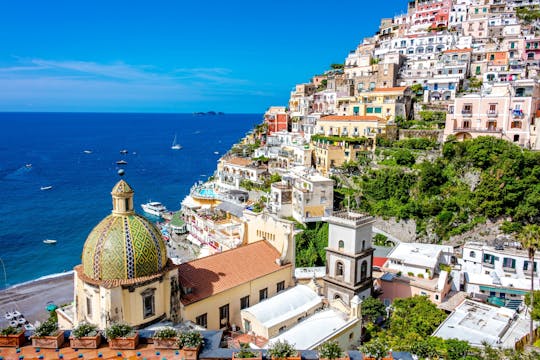
Sorrento - Amalfi Coast gems tour with Positano, Pontone and Ravello
A real feast for the senses. This excursion along the Amalfi Coast has it all. In a small group, you'll trundle from village to village, exploring every nook and cranny and soaking up the beauty of this world-famous coastline. Discover Positano and Ravello with a delicious lunch in a family-run restaurant in between.
en
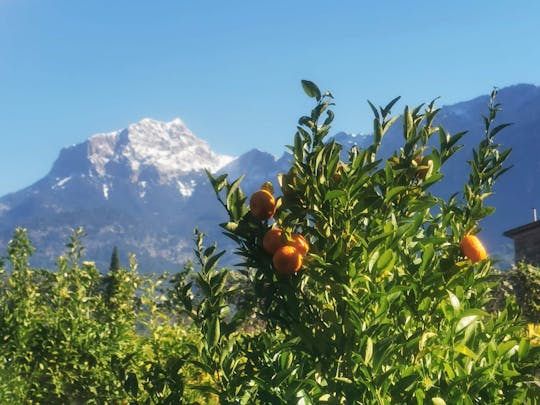
Majorca - Full day Majorca Tour with Port de Soller and Lluc Monastery
There's something really special about this trip to northern Majorca – the way in which you go sightseeing is part of the adventure. That's because you'll travel by coach, train, tram and boat during our exclusive excursion through Soller, Port de Soller and Sa Calobra.
de, en, fr
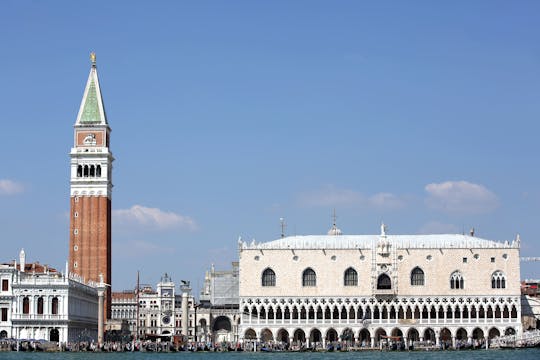
Lake Garda - Classic Venice Tour
A masterpiece floating on the Adriatic, Venice is the mother of all bucket list must-visits. This excursion kicks off right in the heart of the action – St Mark's Square – with a walking tour of the historic centre. You'll then have free time in the maze of palace-lined canals.
en
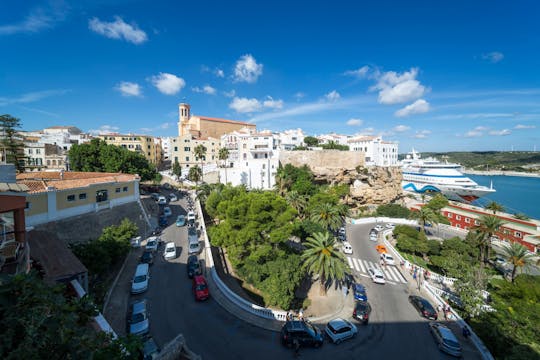
Menorca - Mahon Harbour Boat Tour with Mahon Market and Gin Distillery
What better way to spend a few hours than discovering and savouring the delights of Mahon, Menorca's history-steeped capital? On this morning tour, you'll enjoy a harbour boat trip, have free time to explore the old town on market day and visit a historic distillery. Nicola, one of our expert local guides, says, ‘If you scratch beneath the surface, you'll find the British influence in many older buildings such as sash windows, panelled doors, lunettes and more. A uniquely Menorquin touch is the ruby-red paint on these houses.'First up is a glass-bottom boat trip in Mahon harbour – the second largest in the world. Glide between fortified islets and admire the opulent villas lining the waterfront on either side. Some date from the 18th century, when Menorca was a British colony. Next, it's on to the old Xoriguer gin distillery. Menorca's favourite tipple has been made here, using the same recipe, since 1736 – yet another symbol of the island's British heritage.There's also free time to wander around Mahon under your own steam, admiring its Georgian town houses, baroque churches, palm-lined squares and narrow, cobbled streets. Head to the centrally located Plaza del Carme, where there's a market of vendors hawking everything from cured meats to fresh fruit under the cloisters of a 17th-century convent. The local square-shaped cheese is highly regarded throughout Spain.
en
